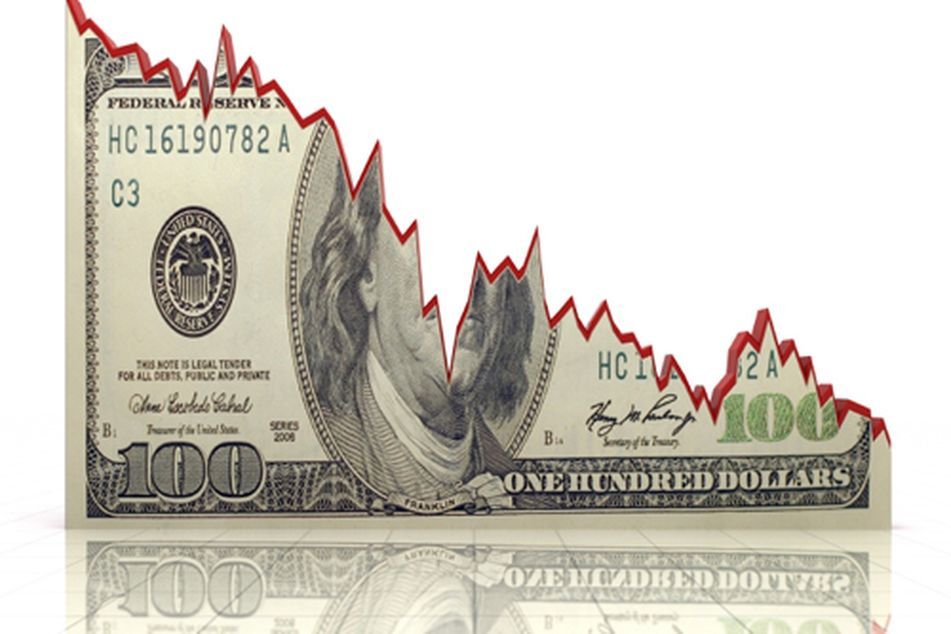Best junk bond manager of decade says recession fears overdone

Fidelity's Mark Notkin sees mid-to-high single-digit returns for 2016
Mark Notkin expected the rebound in high-yield bonds. The earlier plunge in the first part of the year is what didn’t make sense to him.
Mr. Notkin, whose $9.7 billion Fidelity Capital & Income Fund has outperformed all peers over the past decade, didn’t flinch as high-yield bond prices tumbled in January and early February. While investors feared that declining oil prices and troubles in Europe and Asia might disrupt growth in the U.S., Mr. Notkin found little evidence to support the gloom.
https://www.investmentnews.com/wp-content/uploads/assets/graphics src=”/wp-content/uploads2016/03/CI10424339.JPG”
“We talk to hundreds of companies and nothing we were hearing led us to believe we were going to have a recession,” Mr. Notkin said in an interview at the Boston headquarters of Fidelity Investments. “Things aren’t terrific but the fundamentals are OK.”
Top bond managers have divergent views on the high-yield bond market, which slumped to more than a two year low in February before rebounding as job growth accelerated. DoubleLine Capital’s Bonnie Baha warned last week that China’s weakening economy might inflict more pain on junk-bond investors. Notkin is more bullish, expecting mid-to-high single-digit returns this year, while Pimco’s Mark Kiesel sees buying opportunities.
“The market is as attractive as it has been in four or five years,” Mr. Kiesel, chief investment officer for global credit at Pacific Investment Management Co., said in an interview last week. Pimco favors bonds in industries tied to the strength of the U.S. economy, including housing, he said in an e-mail Tuesday.
Fidelity Capital & Income, which Notkin has run since 2003, is the top-performing U.S. high-yield fund over the past 10 years, according to data collected by Bloomberg. It has returned an average of 7.5% annually over that span.
The fund suffered during the selloff over the past year, beating 53% of competitors, as Notkin held firm to his positions.
Ms. Baha, a fund manager at DoubleLine, said the possibility of the U.K. exiting Europe and other forces could cause more turbulence in the high-yield market. “What is the catalyst for things to get better?” she said in an interview. “At some point the market will look and see things haven’t changed that much, and really could get worse.”
Mr. Notkin, 51, said the economy has been more resilient than some managers expected. Weakness in China, Europe and Latin America as well as the drop in oil prices haven’t sent the economy into a tailspin.
“People said if oil is tanking there must be a global recession,” said Mr. Notkin. “The problem is there is too much supply in energy and metals.” Prices for oil fell to about $26 a barrel last month and have since climbed back to about $36.
STOCKS CHEAP
Mr. Notkin, who can put up to 20% of his fund’s money in stocks, has beaten both equity and bond markets. In the 10 years ended Dec. 31, his stock picks returned 145% compared with 102% for the Standard & Poor’s 500 Index, according to Fidelity. His high-yield holdings gained 125% over the same stretch compared with 93% for the benchmark Bank of America Merrill Lynch U.S. High Yield Constrained Index.
The manager compares the yield on the junk-bond index to the earnings yield on the S&P 500 to decide which asset class is the most attractive. The numbers tell him that high-yield bonds are fairly valued, after falling to bargain levels in February. Stocks, he said, are cheap, especially those that were knocked down during the selloff early in the year.
Mr. Notkin likes United Rentals Inc., whose shares have lost about 22% this year. The company, which leases equipment to the construction industry, has been unfairly punished for its limited exposure to energy producers, he said.
Mr. Notkin stuck with semiconductor stocks including Skyworks Solutions Inc. on the theory that the company will do well even in a slowing market for smart phones. It’s down roughly one-third from its 2015 high.l
The manager’s belief that Americans cling to their cars is behind his bet on Ally Financial Inc., which makes auto loans. Two of his top 10 holdings as of Dec. 31 were bonds of Ally Financial.
“Car lending is a very resilient business, ” said Mr. Notkin. “People will give up the keys to their house before they give up their car.”
He’s optimistic that high-yield bonds this year will recover some of their losses as the economy grinds on. After the BofA Merrill Lynch High Yield Index fell 11% in the 12 months ended Feb. 11, it has climbed 7.2% through March 7.
Mr. Notkin expects growth of about 2% this year, below the 2.2% forecast by economists surveyed by Bloomberg for 2016. For junk bonds, he said, 2% may be good enough.
“You don’t need gangbuster growth to make high yield work,” he said. “You just need enough growth so that companies will pay you back.”
Learn more about reprints and licensing for this article.








